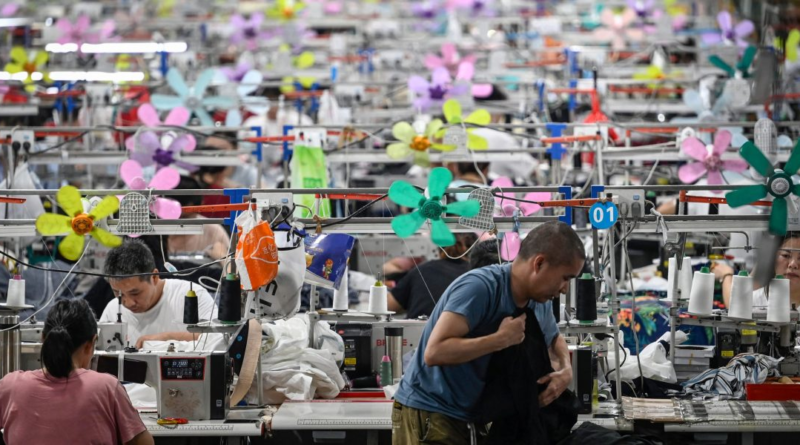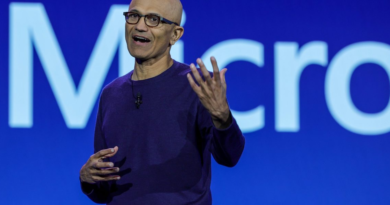Shein’s CEO and massive IPO are both incredibly secretive—and it’s because of the backlash for allegedly using forced labor to make its dirt-cheap clothing
Shein, the Chinese-linked $64 billion fast-fashion giant monopolizing teens’ wallets, filed for a long-awaited IPO listing on London’s Stock Exchange earlier this month. And, in typical Shein fashion, the company filed confidentially, to avoid the scrutiny that U.S. regulators demanded after reports of the company’s forced labor practices.
A spokesperson from Shein declined to comment on the matter.
Confidential IPO filings aren’t unusual. In fact, the vast majority of companies choose to file confidentially in order to fend off lawsuits from competitors. However, Shein has shown an unusual commitment to secrecy; the company has not responded to the SEC’s offer to file publicly with the New York Stock Exchange, dropping a massive market opportunity.
The NYSE asked Shein to make its filing public after political figures pressured the company on their alleged human-rights abuses and exploitation of trade loopholes. Investigators have accused Shein of forcing workers to work 16-hour days, withholding wages, and utilizing child labor, some of which the Singapore-based company has admitted to. Additionally, congressmen have accused Shein of sourcing forced-labor from Uyghur Muslims to make the companies’ $3 T-shirts and $10 jeans.
Senator Marco Rubio (R-Fla.), who advocated against allowing Shein to file in the U.S., recently wrote to United Kingdom Chancellor of the Exchequer, Jeremy Hunt, warning him to not allow Shein’s listing.
“I now feel a duty of friendship to repeat these warnings and urge caution before the United Kingdom allows Shein to list in London,” Rubio wrote. “Slave labor, sweatshops, and trade tricks are the dirty secrets behind Shein’s success.”
However, it appears unlikely Hunt will listen. Shein will be better received in London, which is seeking to add some high-profile IPOs to its faltering stock exchange post-Brexit. The LSE raised a meager $1 billion last year, the lowest level in decades, according to Bloomberg. By comparison, IPOs on the Nasdaq and New York Stock Exchange raised a total of $24.1 billion last year.
The Shein IPO news comes during the heat of Britain’s general election cycle. Many pollsters expect the Labour party to triump over the conservatives on July 4, ending the Tories 14-year reign.
Labour party members have courted Shein, even as other members express their dismay. The Labour party met with the fast-fashion manufacturer earlier this month after news first broke of Shein’s potential London listing.
“Labour has met a range of companies including Shein that are looking to invest or list in Britain,” a spokesperson for the opposition party told Reuters. “Raising investment, productivity, and growth is one of Labour’s missions for government.”
Yet British lawmakers on both sides of the aisle have spoken out against the listing.
Sarah Champion, the Labour chair of the International Development Committee, raised concerns about Shein’s labor practices, accusing them of relying on “modern slavery.”
“Unless the allegations around Shein are addressed, we should not support their application,” she told Reuters.
Alicia Kearns, the Conservative chair of parliament’s Foreign Affairs Committee, agreed.
“With Shein’s prices so low, the London Stock Exchange needs to ask itself, whose suffering is subsiding those prices?” she said in comments first reported by The Guardian newspaper.




